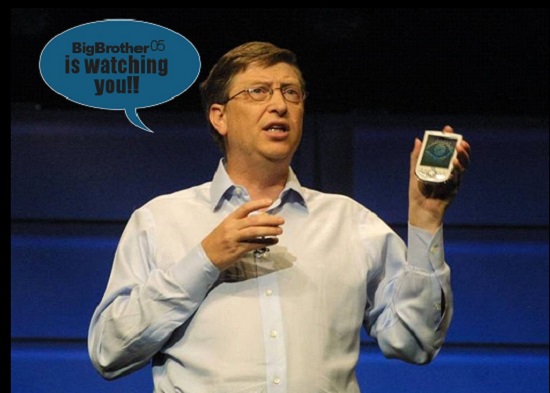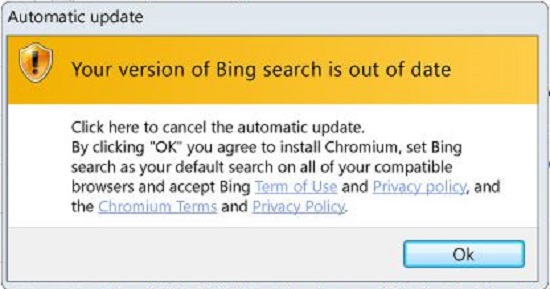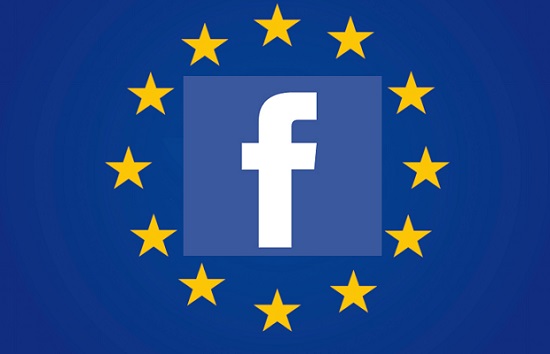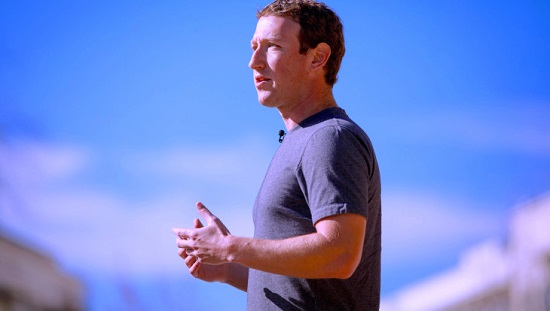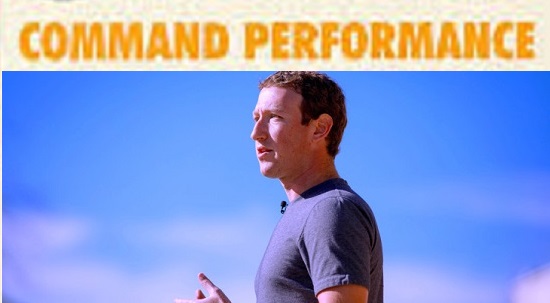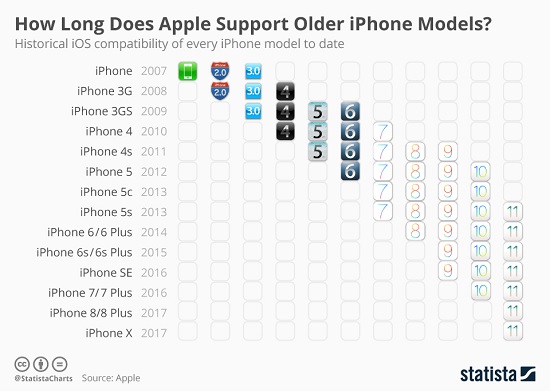In our experience, most software asks permission before it updates itself. There is usually a “Not Now” option. But since Microsoft has a monopoly for Windows-based personal computers, they do what they please, ignoring the needs and preferences of their customers. As we noted in our March 28, 2018 post, Apple’s updates can be traumatic, but at least they ask beforehand.
Apparently this nasty behavior has been around for some time, at least since the introduction of Windows 10 in July 2015. We had seen for some time warnings against “upgrading” to Windows 10, but for some reason had not experienced any of these potentially-damaging events until the last few weeks. The advice “save early and save often” applies as much or more to files one creates on a personal computer as to retirement planning!

